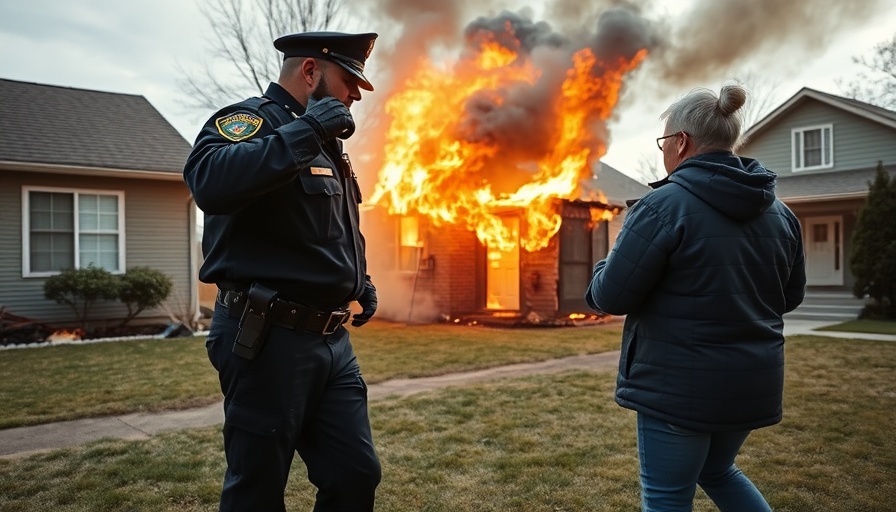
Surprisingly Low Homicide Rates: What Does It Mean for L.A.?
As Los Angeles grapples with a complex social landscape, recent statistics indicate that the city is on track for its lowest homicide total in nearly six decades. By June 28 of this year, homicides in L.A. have dropped significantly, with only 116 reported compared to 152 during the same timeframe last year. This decline has prompted experts to declare that the nation may be experiencing one of the most significant reductions in killings in history, a phenomenon that extends beyond the City of Angels.
How L.A. Fits into Broader Trends in Crime Reduction
The downward trajectory in homicides mirrors a national trend, with cities like Baltimore and Detroit reporting similar declines. Charis Kubrin, a criminology professor at the University of California, Irvine, emphasizes that this trend is rooted in a multitude of intertwined factors rather than any single cause, urging caution when interpreting year-to-year crime data.
Political Implications: Rethinking Misguided Narratives
The data stands in stark contrast to the narratives put forth by officials, including suggestions of deploying military troops in urban areas due to rising crime. The statistics portray a different reality, revealing that many neighborhoods, especially in South Los Angeles, have experienced notable declines in violent crime, challenging the dystopian images often promoted.
Community-led Initiatives: The Hidden Heroes
Many credits the reduction in crime rates to community-led initiatives that address the root causes of violence—from economic opportunities to mental health support. With areas like the LAPD’s 77th Street Division seeing killings drop from highs of 63 in 2021 to only 38 last year, communities are demonstrating resilience and utilizing local resources to create safer environments.
Future Outlook: Sustaining the Progress
Looking ahead, the challenge will lie in sustaining these positive trends amidst lingering issues such as political divisiveness and economic uncertainty. Policymakers and law enforcement agencies are urged to prioritize collaborative approaches that engage community members and utilize technology effectively, ensuring a comprehensive understanding of policing’s evolving role in society.
The encouraging figures coming out of L.A. offer a glimmer of hope amid a national dialogue on crime, but they also stress the importance of continual assessment and adaptation of law enforcement practices, especially as they impact diverse communities.
 Add Row
Add Row  Add
Add 

 Add Element
Add Element 


Write A Comment